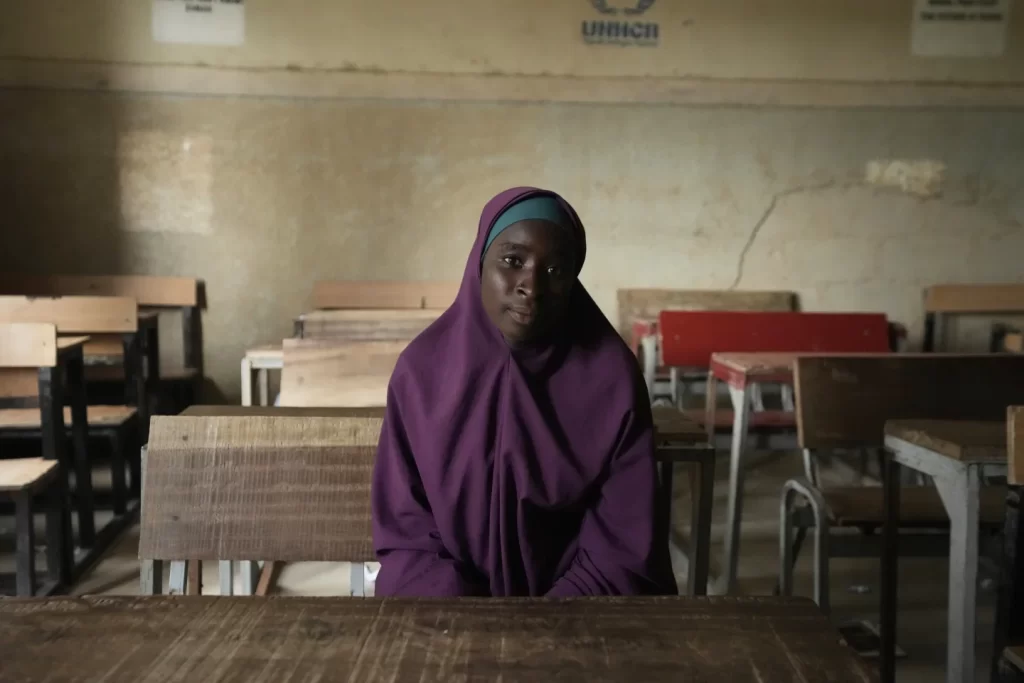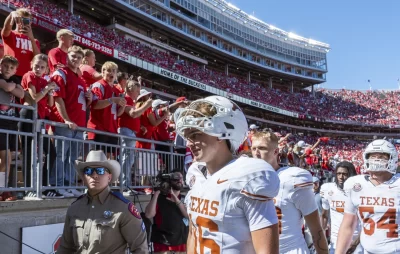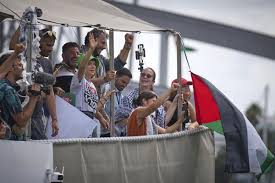
MAIDUGURI, Nigeria — Israel Peter was 6 years old when Boko Haram Islamic extremists attacked his village in northeastern Nigeria and his family fled. Eight years later, he still hasn’t returned to school.
A rare opportunity to change that disappeared this year, when a nonprofit offering free education to Boko Haram victims rejected Peter’s application. It cited the abrupt loss of U.S. funding as the Trump administration dismantled the U.S. Agency for International Development. Multiple backers of the school had received USAID funding.
“Now my future will not be great,” said Peter, who dreams of being an engineer. His trembling voice was barely above a whisper. He spends his days helping out at his father’s small farm. They cannot afford to pay school fees.
The school run by the Future Prowess Islamic Foundation has benefited 3,000 children in Borno state, the epicenter of the 16-year conflict with Boko Haram that has displaced and orphaned many.
Boko Haram, which wants to establish Islamic law in the region, forbids Western education and rose to global prominence after its mass abductions of students.
The Associated Press visited the region to document how funding cuts by the U.S., Nigeria’s once biggest donor, have affected civilians in one of the world’s longest-running conflicts. More than 35,000 people have been killed and 2.6 million others displaced in parts of Nigeria, Cameroon, Niger and Chad.
With U.S. funding gone, the school has let go of 700 of its 2,200 students as well as 20 teachers, officials said, with no new enrollment and further cuts likely.
Millions of people in the region have relied heavily on aid groups and foreign partners to survive. USAID had funded a range of projects, from healthcare to education and social welfare, disbursing $1.5 billion to Nigeria between 2023 and 2024. Now, only a few projects like PEPFAR survive.




